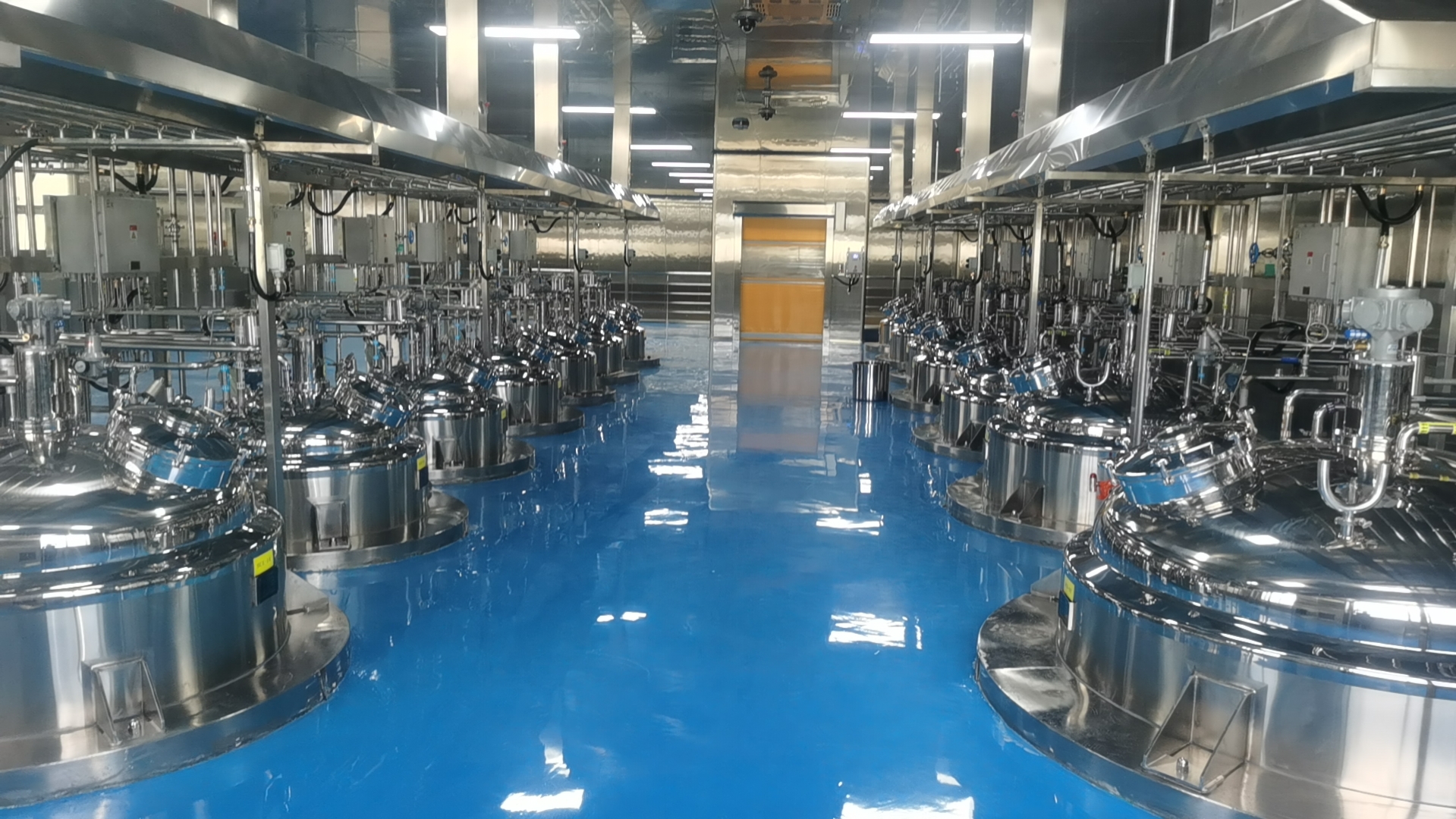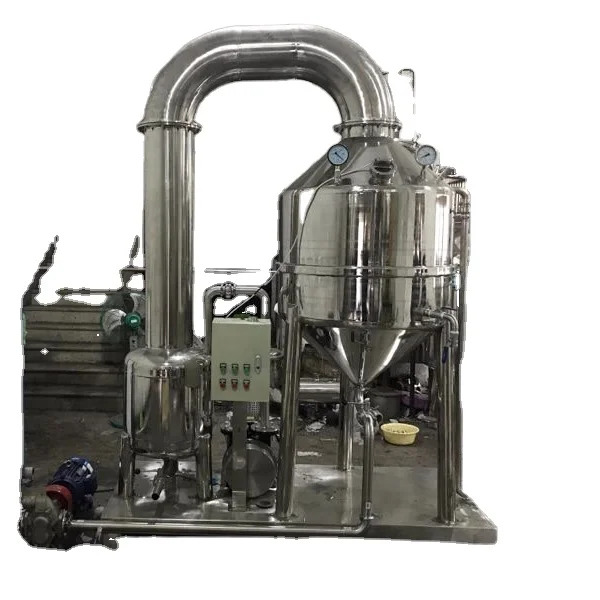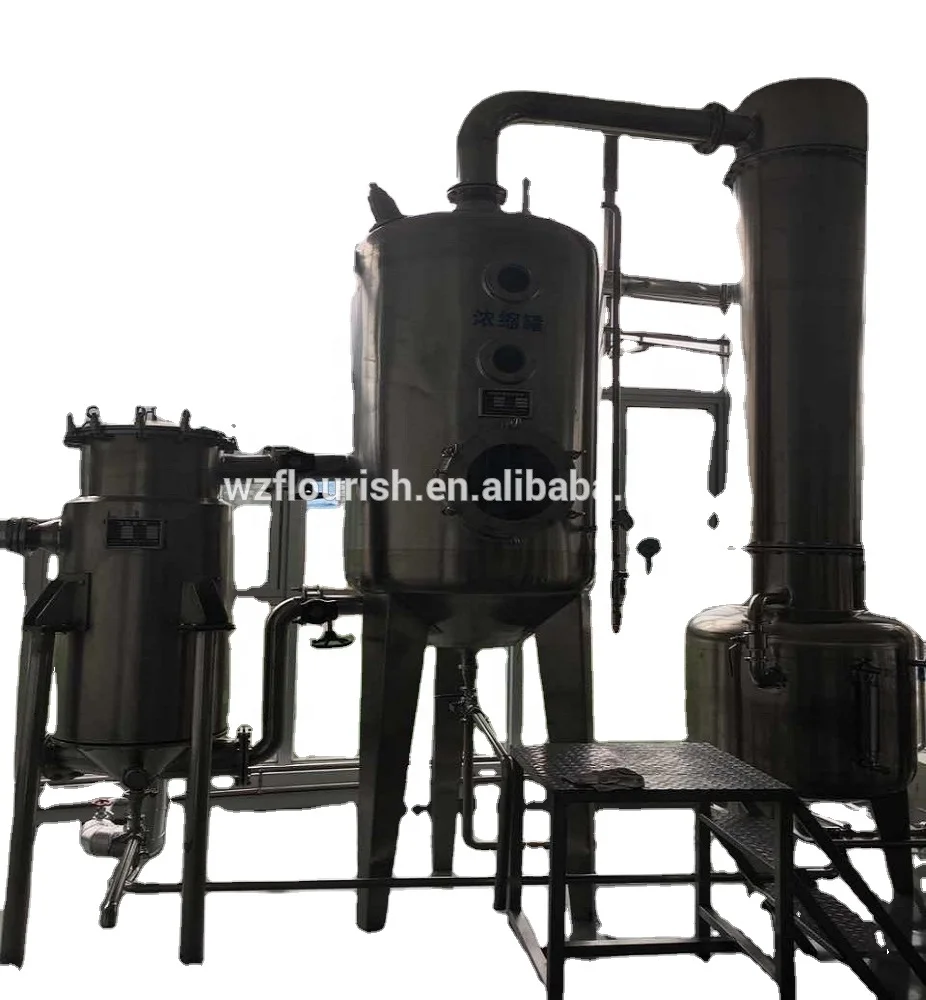
ABOUT
Wenzhou Vince Machinery Science Co., Ltd. was established in early 1980s. Our company covers an area of 6500 square meters and is an independent legal representative firm, possessing rich economic technology strength. Our company is a high tech enterprise and plays an important role in national dairy, foodstuff, pharmacy and machinery industries. We are a beverage machinery supplier.
Since the establishment, our company has mainly engaged in dairy products, foodstuff, beverage machinery, bean products, yellow wine, medicines and fermentation projects. What's more, our company supplies a complete sequence services in manufacturing, installation, test and personnel train, as well as the whole direction service design and consulting service on product project construction or enlargement artistic distribution engineering sets budget.
Cutting Edge Milk Powder Production Tech
Advanced Membrane Filtration
Traditional milk powder production relies heavily on evaporation, a process that can be energy-intensive and potentially degrade the quality of the milk proteins. Modern techniques utilize advanced membrane filtration systems, such as ultrafiltration and microfiltration. These separate components like fat, lactose, and proteins with high precision, allowing for better control over the final product's composition and enhancing its nutritional value. This leads to a more efficient and less energy-consuming process compared to traditional methods.
Furthermore, membrane filtration minimizes the risk of bacterial contamination, enhancing the safety and shelf life of the resulting milk powder. This precision allows manufacturers to tailor the protein content and other nutritional aspects to specific consumer needs, contributing to the production of specialized milk powders for infants, athletes, or those with specific dietary requirements.
Optimized Spray Drying
Spray drying remains a cornerstone of milk powder production, but significant advancements have made it far more efficient and effective. New designs incorporate advanced atomization technologies that produce finer droplets, leading to a more uniform powder with improved solubility and reduced dust generation. The drying chambers themselves are designed with superior heat transfer capabilities, reducing energy consumption and minimizing the risk of heat-induced protein denaturation.
Furthermore, real-time monitoring systems coupled with advanced process control algorithms allow for precise control over crucial parameters such as temperature, air flow, and atomization pressure. This results in consistent product quality, minimizing variations between batches and enhancing overall efficiency.
Automation and AI Integration
Automation plays a crucial role in modern milk powder production lines. Automated systems manage everything from raw milk intake and cleaning-in-place (CIP) procedures to packaging and quality control checks. This not only enhances efficiency and minimizes human error but also improves overall hygiene and safety within the production environment.
Integrating artificial intelligence (AI) and machine learning (ML) is revolutionizing the industry. AI-powered predictive maintenance systems can anticipate equipment failures, minimizing downtime and reducing maintenance costs. Furthermore, AI can analyze large datasets of production parameters to optimize the entire process, leading to improved efficiency, reduced waste, and superior product quality.
SUBSCRIBE
INQUIRY





